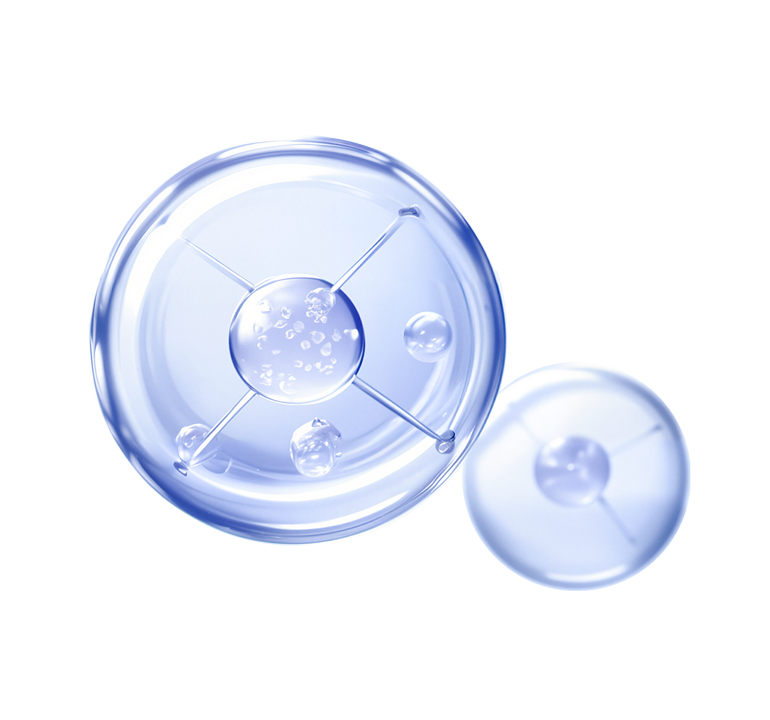Introduction to the Five Most Prevalent Cancers | Reference Price¥1710
-
lung cancerPeople over 45 years old, especially those with a history of smoking (including passive smoking) for more than 20 years; Practitioners who have been engaged in chemical or mining operations for a long time or who are exposed to oil fumes, asbestos and radioactive substances; People with chronic lung diseases such as chronic obstructive pulmonary disease and tuberculosis; and people with lung cancer in their immediate family.
-
gastric cancerPeople over 40 years of age who are positive for Helicobacter pylori and have not been cured; Those who have long term high salt diet, often eat pickled/smoked food, and have irregular diet; Those with chronic gastric diseases such as gastric ulcer, atrophic gastritis, gastric polyps, etc; and people with family history of gastric cancer or hereditary gastric cancer syndromes (e.g. Lynch syndrome).
-
liver cancerPeople with hepatitis B/hepatitis C virus infection, cirrhosis, chronic alcohol abuse or history of non-alcoholic fatty liver disease; People who have been consuming moldy food (containing aflatoxin) or contaminated drinking water for a long time; People with family history of liver cancer (especially first-degree relatives with the disease).
-
esophageal cancerPeople over 45 years of age who are chronic smokers or alcoholics, who prefer hot food (temperature >65℃), high salt and spicy food, or pickled food; Those with reflux esophagitis, Barrett's esophagus or atypical hyperplasia of esophageal mucosal epithelium; People with family history of esophageal cancer or living in high incidence areas such as Linzhou, Henan Province.
-
colorectal cancerPeople over 50 years of age who have a long-term high-fat, low-fiber diet, are sedentary and obese; Those with ulcerative colitis, Crohn's disease or intestinal polyps (especially adenomatous polyps); Those with a family history of colorectal cancer or hereditary colorectal disease (e.g. familial adenomatous polyposis).
General information
-
Stronger technical endorsement
Tumor early screening technology from Mayo Hospital and Hefei Institute of Materials Science, Chinese Academy of Sciences, represents the international leading level.
-
More complete solutions
The whole experimental process and the reagents involved, including sampling tubes, primer design, extraction, transformation, desulfonation, on-line amplification are all developed by independent research, which is a complete set of detection system, and the whole process can be traced back to the highest degree of matching, which can best guarantee the quality of detection.
-
Higher accuracy
All of them adopt the most advanced tumor DNA methylation detection technology that is internationally recognized and can be used for clinical use in the field of early cancer screening at this stage, which has been written into the consensus of many experts and diagnostic and therapeutic guidelines, and its detection sensitivity and specificity are much higher than those of traditional tumor markers, with the advantages of being earlier, more non-invasive and more accurate.




